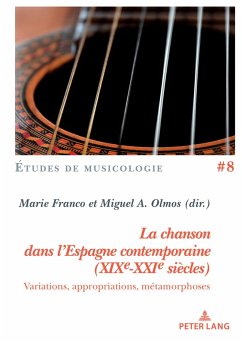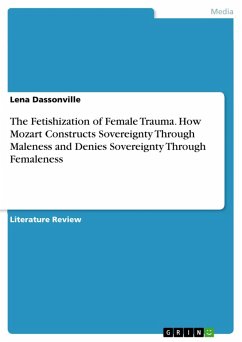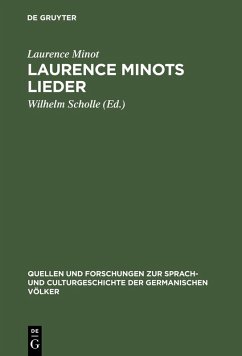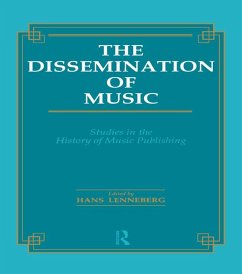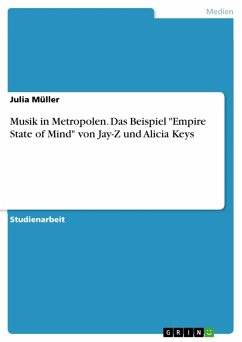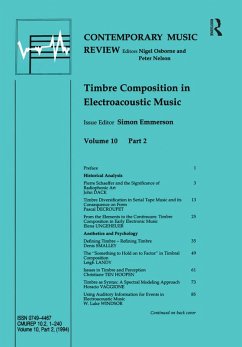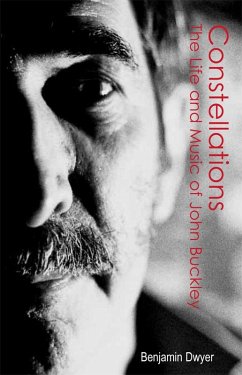
Mucho Corazón (eBook, PDF)
Stages in the Life of a Pioneer Female Mariachi
Versandkostenfrei!
Sofort per Download lieferbar
Statt: 41,35 €**
34,95 €
inkl. MwSt.
**Preis der gedruckten Ausgabe (Broschiertes Buch)
Alle Infos zum eBook verschenkenWeitere Ausgaben:

PAYBACK Punkte
17 °P sammeln!
In 1960s East Los Angeles, La Estrella de la Canción Romántica interpreted boleros and other music from the collective memory of Mexico. Though an untrained, local artist, her musical performance was as trans-racial, trans-class, trans-generational, and trans-national as the most celebrated artists of the music of latinidad. That stage of her artistic career would be key when she later helped deconstruct the machismo that framed the mariachi tradition, as a founding member of the first all-female mariachi group, Las Generalas.Mucho Corazón, a biography/autoethnography written by the protago...
In 1960s East Los Angeles, La Estrella de la Canción Romántica interpreted boleros and other music from the collective memory of Mexico. Though an untrained, local artist, her musical performance was as trans-racial, trans-class, trans-generational, and trans-national as the most celebrated artists of the music of latinidad. That stage of her artistic career would be key when she later helped deconstruct the machismo that framed the mariachi tradition, as a founding member of the first all-female mariachi group, Las Generalas.
Mucho Corazón, a biography/autoethnography written by the protagonist's daughter, relates the life- and performing stages of Aurora Prado Pastrano, who against overwhelming odds, followed her heart to become a bolerista, songwriter, and the first professional woman guitarrón player in United States history. Seamless storytelling advances the long-neglected history of Chicana grassroots artists. Framed by allusions to the music popular during her Texas-Mexican American childhood, her young adult life in Mexico, to her artistic rise in East Los Angeles, the story vividly exemplifies how gendered subjectivity infuses public performance of what the author coins "cultural music."
This is a resource on regional history and its music of the 1940s-1970s. Written for anyone interested in women's participation in the production and performance of mariachi music in the United States, Mexican, Mexican American, Chicano, and Latino music, and the cultural history of the Southwest, it is especially valuable to ethnomusicology, cultural studies, women's history, women's and gender studies, Latinx studies, Chicanx studies, cultural anthropology, ethnology, and sociology, and accessible to levels from high school to higher education professionals.
Mucho Corazón, a biography/autoethnography written by the protagonist's daughter, relates the life- and performing stages of Aurora Prado Pastrano, who against overwhelming odds, followed her heart to become a bolerista, songwriter, and the first professional woman guitarrón player in United States history. Seamless storytelling advances the long-neglected history of Chicana grassroots artists. Framed by allusions to the music popular during her Texas-Mexican American childhood, her young adult life in Mexico, to her artistic rise in East Los Angeles, the story vividly exemplifies how gendered subjectivity infuses public performance of what the author coins "cultural music."
This is a resource on regional history and its music of the 1940s-1970s. Written for anyone interested in women's participation in the production and performance of mariachi music in the United States, Mexican, Mexican American, Chicano, and Latino music, and the cultural history of the Southwest, it is especially valuable to ethnomusicology, cultural studies, women's history, women's and gender studies, Latinx studies, Chicanx studies, cultural anthropology, ethnology, and sociology, and accessible to levels from high school to higher education professionals.
Dieser Download kann aus rechtlichen Gründen nur mit Rechnungsadresse in A, D ausgeliefert werden.





